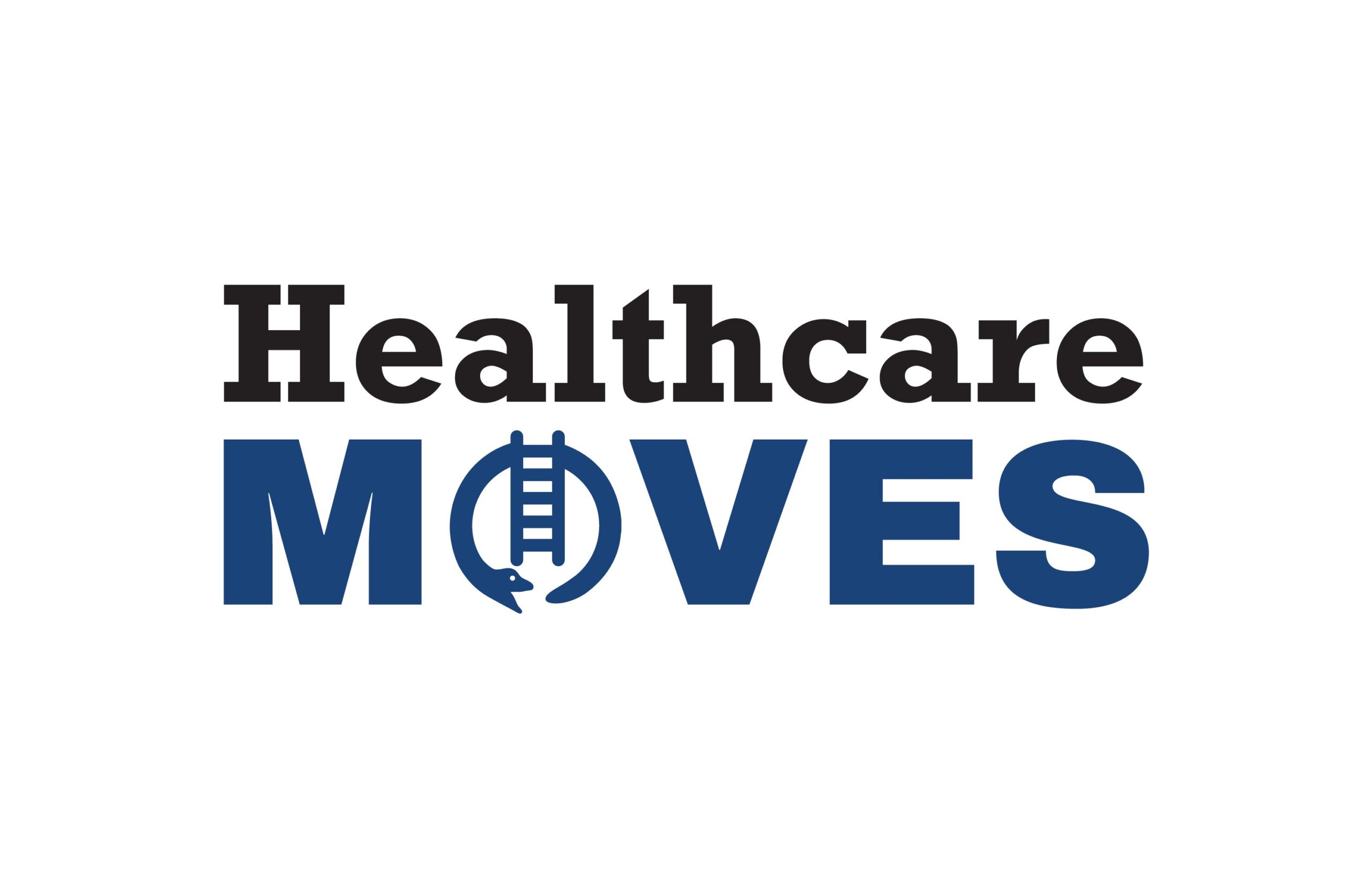
The issue of waste in healthcare is garnering more attention than ever right now, and for good reason. Two bullet points illustrate the scope of our industry’s challenges:
- According to Practice Greenhealth, hospitals generate more than 29 pounds of waste per bed, per day. The average American hospital has 130 staffed beds; when full, that’s nearly two tons of waste per hospital per day (3,770 pounds).
- As Health Care Without Harm reported, healthcare alone contributes 4.4 percent of global net emissions. Of those emissions, 71 percent come from the healthcare supply chain.

With the Rise of AI, What IP Disputes in Healthcare Are Likely to Emerge?
Munck Wilson Mandala Partner Greg Howison shared his perspective on some of the legal ramifications around AI, IP, connected devices and the data they generate, in response to emailed questions.
Let’s imagine, though, that your organization is not as focused as it might be on the effect excess waste has on human health. May we assume that it does worry about money? The two are inextricably linked:
- Medical waste carries rather a large economic cost, too: Research indicates that the economic costs associated with medical waste range from $760 billion to $935 billion, accounting for about 25 percent of total U.S. healthcare spending. This data, from the “Reducing Medical Waste to Improve Equity in Care” report, highlights the critical need for strategic waste reduction to alleviate financial strain on healthcare systems.
- And that level of waste contributes mightily to the increase in supply expenses. The American Hospital Association’s 2023 “Cost of Caring” report reveals that hospital supply expenses per patient have increased by 18.5 percent between 2019 and 2022, dramatically surpassing the rate of inflation.
Between the environment and your healthcare organization’s balance sheet, these figures highlight the need to find and use cost-effective supply-management and waste-reduction approaches. Fortunately, a number of promising strategies already exist. They encompass the following range of innovative and practical solutions.
- Physician preference card projects: A major cause of waste in operating rooms is inaccurate physician preference cards. Manual management and infrequent updates often lead to unnecessary waste, as unused items get discarded or put in a put-back bin to expire out. Inventory technology can be used to capture data on these unused items and track them to each preference card. The data output shows what is consistently being returned and gives the case for the supply chain to work with clinical teams to have cards revised based on usage, leading to substantial reductions in waste.
- Device reprocessing in clinical areas: In high-usage areas like operating rooms, identifying and reprocessing medical devices can substantially reduce waste. This practice not only cuts down on waste, but also reduces the costs of purchasing unnecessary new equipment.
- Collaborate with medical resale companies: Partnering with experienced companies that have systems to manage equipment or medical supply sales offers a dual benefit. It enables other healthcare facilities to use items before expiration, and it recovers costs for items that would otherwise have to be written off as waste.
- Increase inventory visibility with technology: Improving inventory management offers the most efficient method to create a more sustainable and cost-conscious supply chain. Transitioning from manual, paper-based systems to automated and consolidated digital processes can reduce waste significantly. Contemporary systems can not only automate inventorying with UDI barcode-scanning technology, enabling you to inventory more often with higher accuracy and speed, but it can also deliver real-time insights on what’s on the shelves, how it’s being used, and what’s happening with prices — helping you identify the causes of surplus or waste. Inventory visibility also gives you the information you need to manage periodic automatic replacement (PAR) levels and allocation, reordering processes, and non-stock rooms.
- Identify underused or wasted stock items: Continuing supply shortages pose challenges for health workers and patients. By maximizing supply inventory and reducing wasted items, healthcare facilities can ensure that supplies are available when needed. Solutions for inventory management can focus on high-dollar, high-waste areas, like procedure areas, to reduce risk and waste. Dashboards can provide insights and recommendations for product transfers, selling items close to expiration, or donations.
Specialized services can now help liquidate overstocked or short-dated items, helping healthcare facilities reclaim value and reduce waste. The right partners can help you to both recover dollars and make a positive environmental impact — thus helping patients both short- and long-term. That way, everyone wins.
Photo: urfinguss, Getty Images
Ashlea Souffrou, is a 17-year veteran of the medical device industry with a passion and dedication to uncovering sustainable and cost-saving solutions within healthcare. She founded SxanPro in 2019, building a technology company that digitizes inventory processes throughout the hospital supply chain. As CEO of SxanPro, Ashlea continues to drive the advancements of the company’s product line while fostering strategic partnerships with companies and healthcare systems across the industry.














